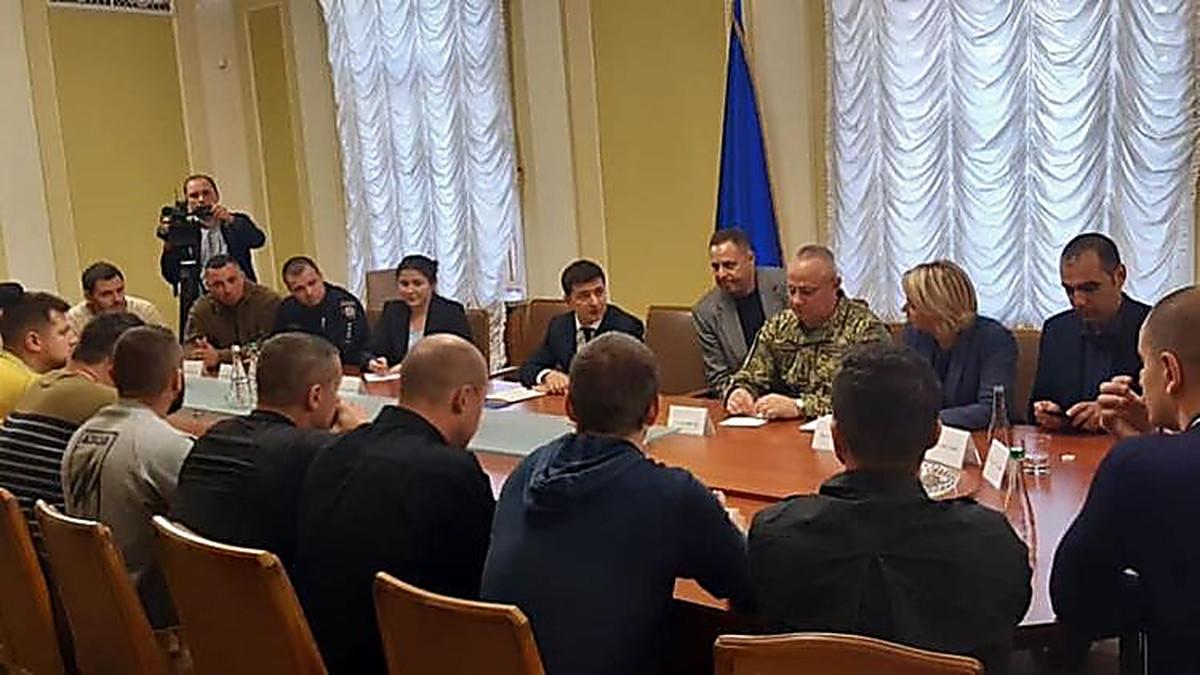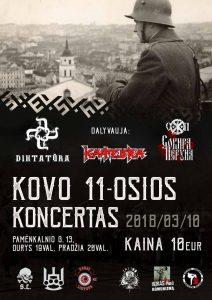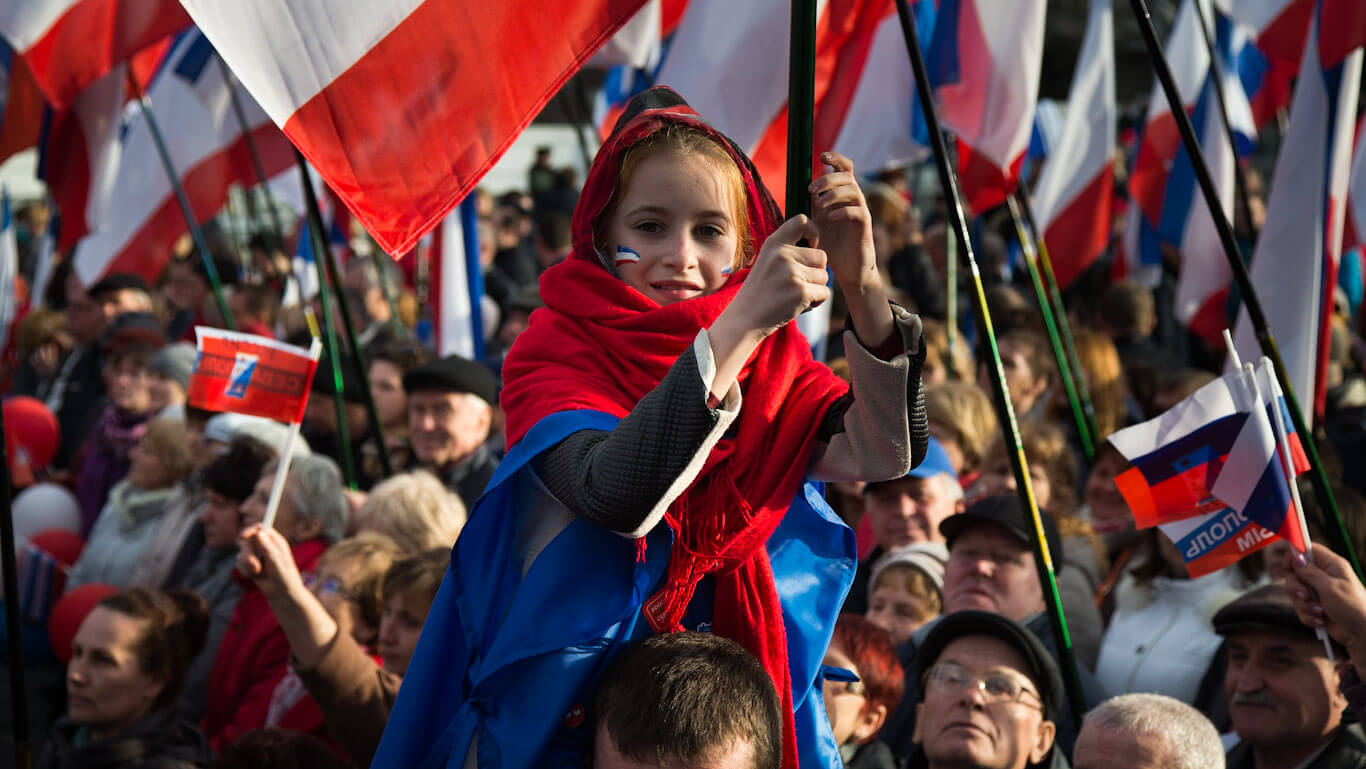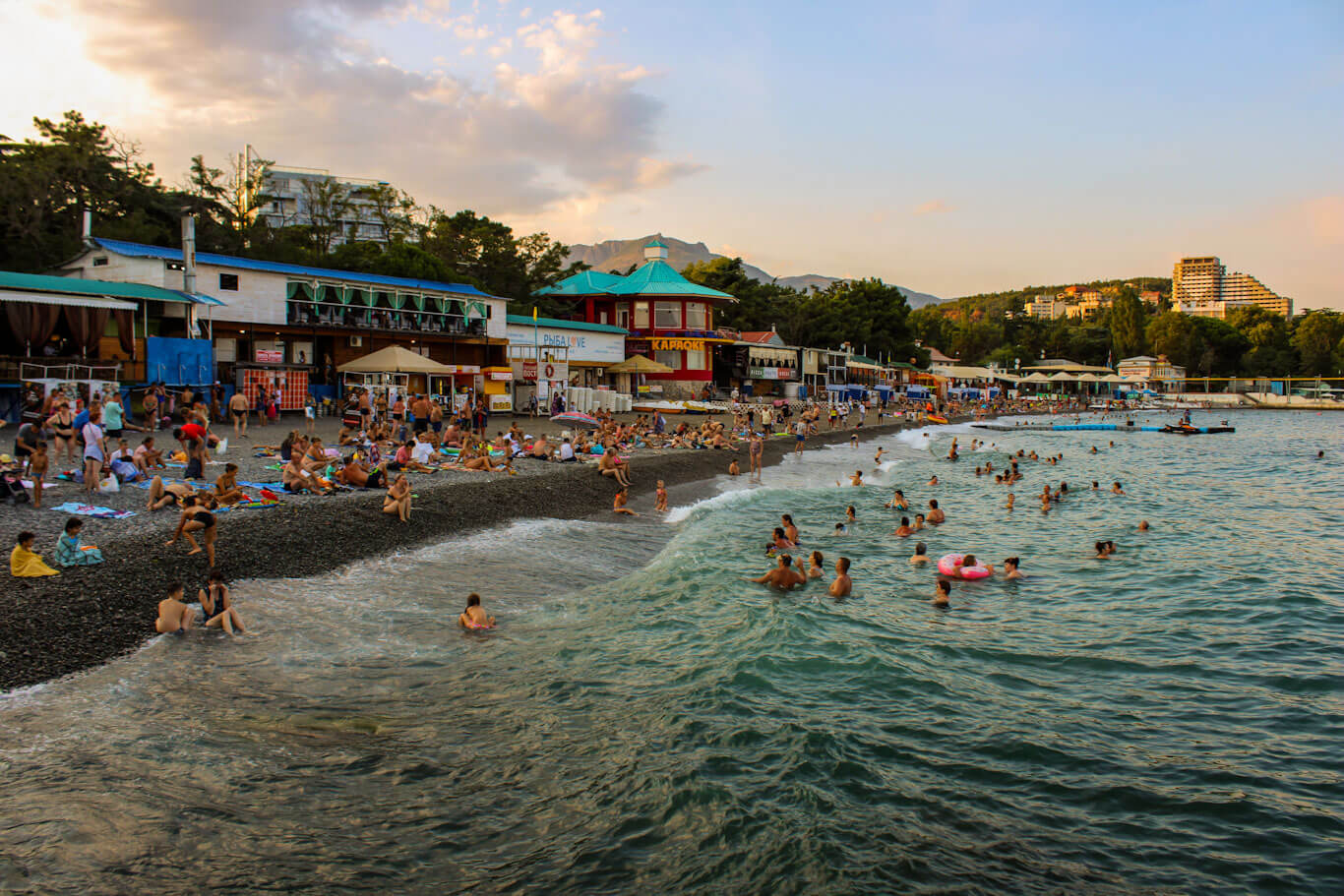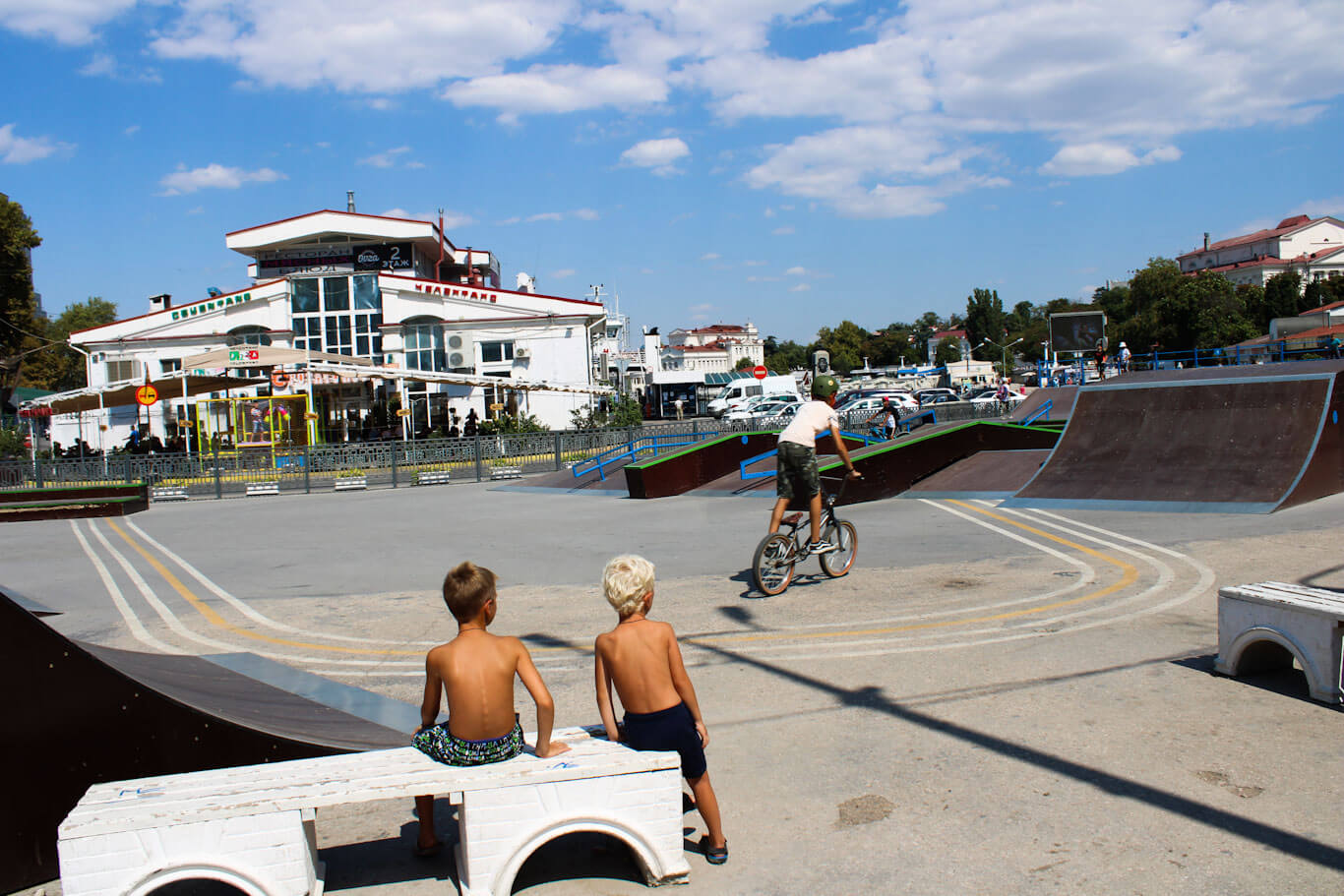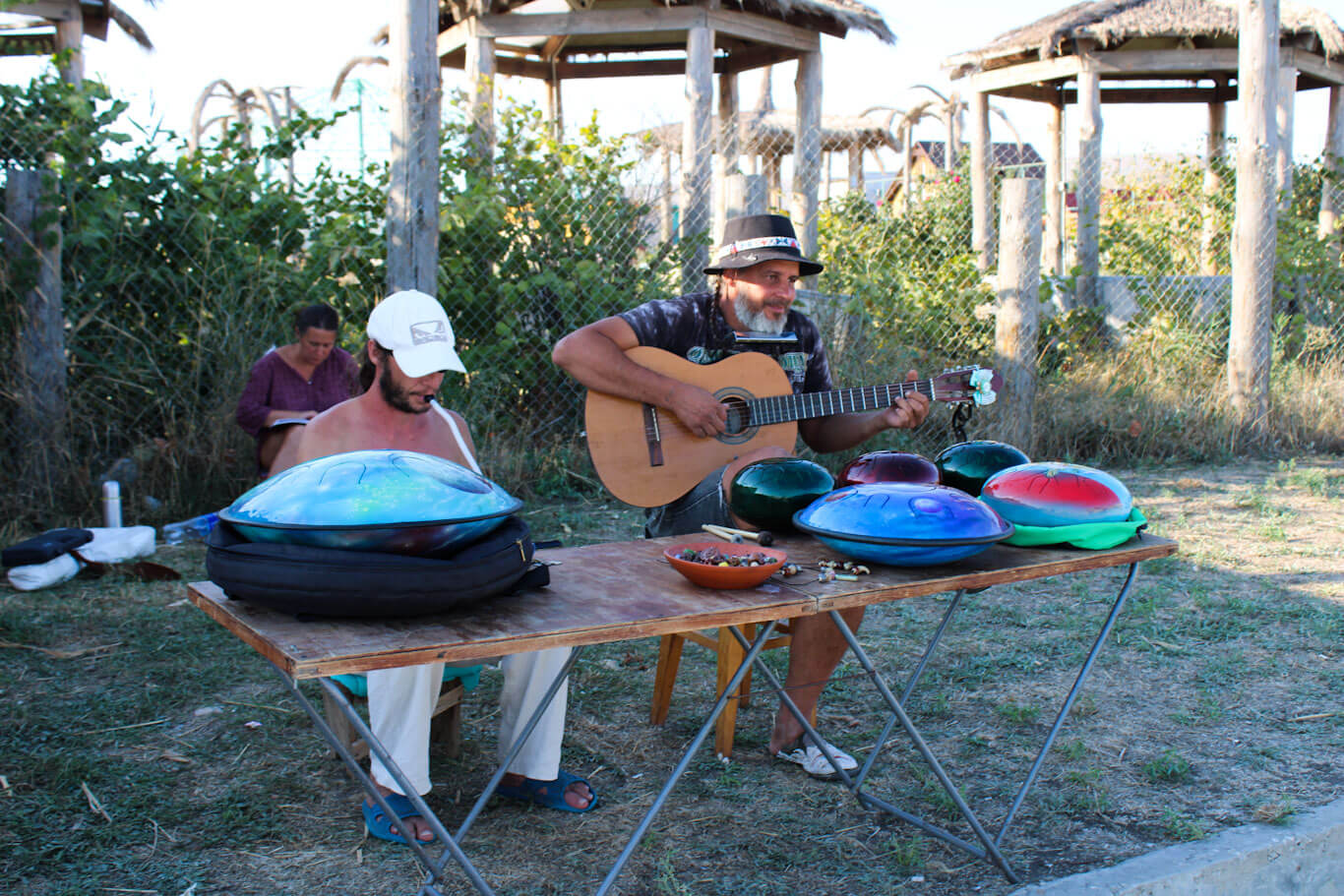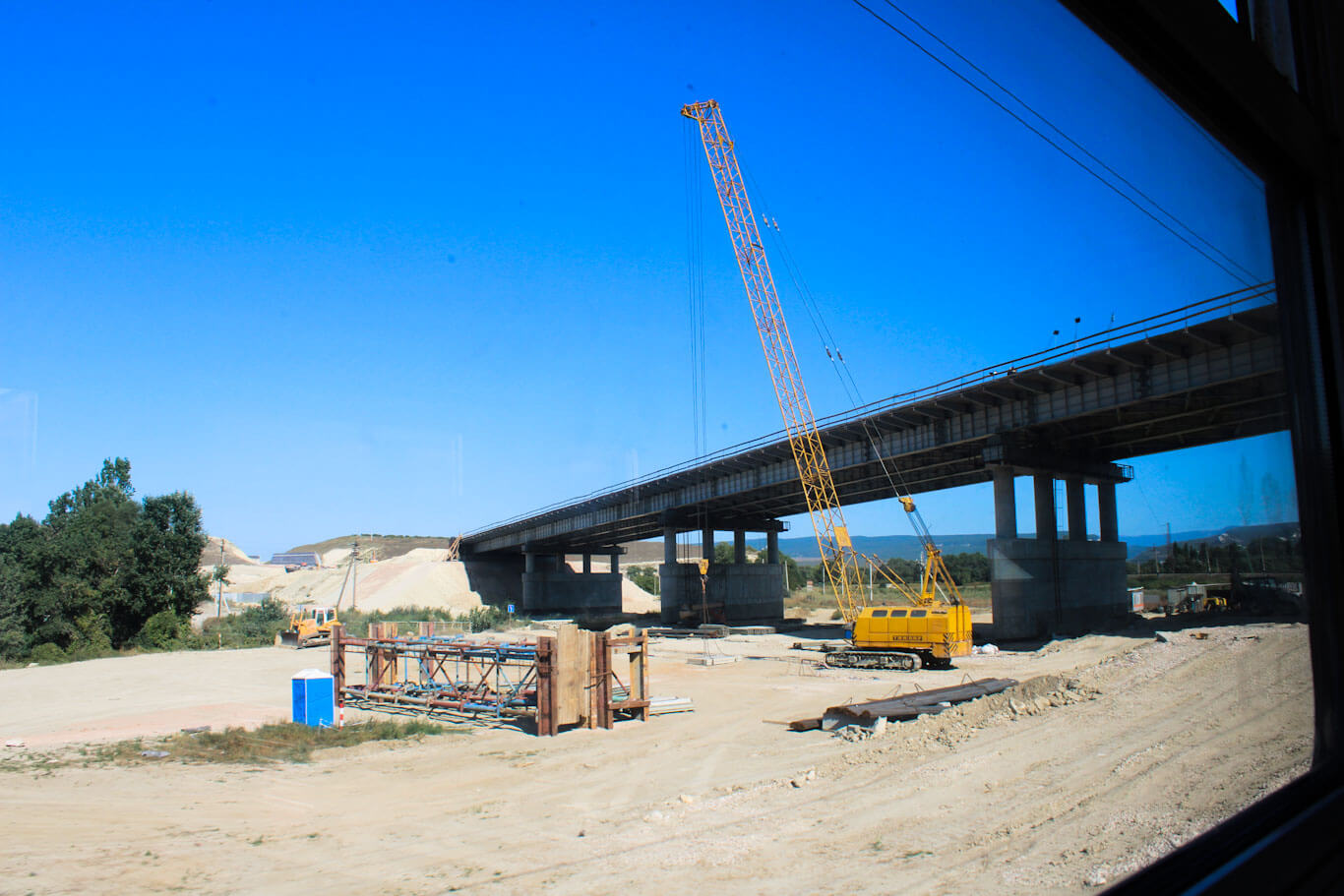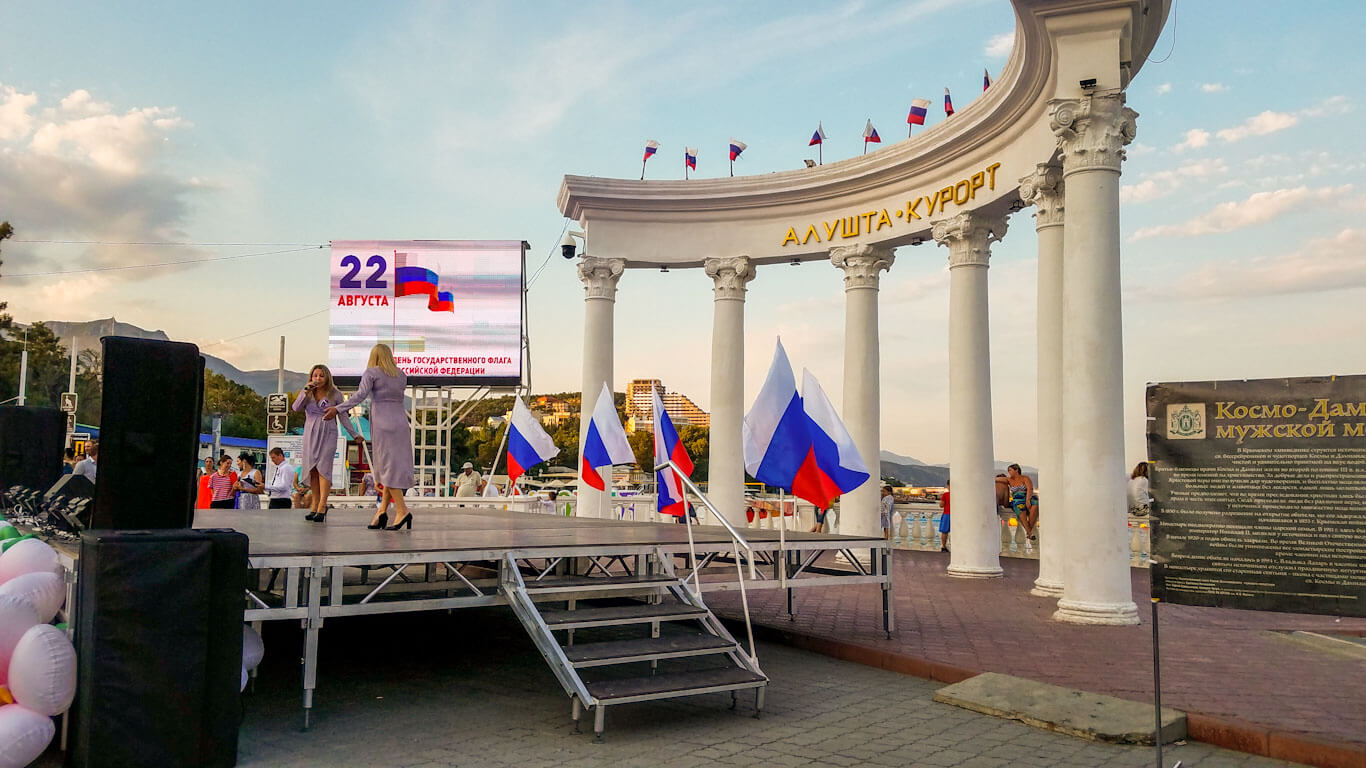(On the top right hand side of this page you can choose for a translation in the language of your choice in Google Translate)
Scott Ritter, was eertijds VS marinier en daarna wapeninspecteur van de VN, nu is Scott onderzoeksjournalist. Hij heeft een kerstboodschap geschreven met de titel: 'De zoektocht naar empathie', waarin hij ingaat op de tijd dat hij VN-wapeninspecteur was en over een deel van zijn leven daarna als onderzoeksjournalist, dat laatste is hij nog steeds. ('empathie', de simpelste betekenissen zijn: medeleven, inlevingsvermogen)
Zelf werd ik hevig geëmotioneerd door zijn artikel. De boodschap van Scott een heel wat betere kerstboodschap dan die van de hypocriete paus, die alleen al door zijn verbod op anticonceptie moet worden aangemerkt als massamoordenaar. Om over de kerstboodschap van koning W.A. maar helemaal te zwijgen, een boodschap die hij door een ander laat schrijven, daar hem het verstand daartoe ontbreekt....
Jammer dat Scott niet aangeeft dat er door de sancties tegen Irak, die van kracht waren van1990 tot 2003 en naar schatting 500.000 kinderen het leven hebben gekost.... (dus: in feite vermoord met die terreursancties) Madeleine Albright, minister van buitenlandse Zaken onder oorlogsmisdadiger en president Clinton, was één van de grote initiators van deze sancties. Later werd haar gevraagd of ze geen spijt had van die sancties daar deze aan zoveel kinderen het leven hebben gekost en in feite weinig of niets veranderden, anders dan grote ellende onder het Iraakse volk. Ze antwoordde dat ze daar geen spijt van had en dat het de moeite waard was geweest.... Deze 'dame' heeft tijdens haar leven gesteld dat er een speciale plek is in de hel voor vrouwen die het leven van andere vrouwen zwaarder hebben gemaakt.... Het is dat de hel een kwaadaardig sprookje is, anders was zij zeker in die speciale hoek te vinden geweest.....
Hier de door Scott Ritter geschreven kerstboodschap, eerder gepubliceerd op Substack.
(als je de Engelse taal niet beheerst, zet dan de tekst om in Nederlands met behulp van Google translate dat je rechts bovenaan deze pagina ziet staan, klik eerst in het menu op 'Engels', waarna je weer kan klikken op die vertaalapp, daarna zie je bovenaan in het menu 'Nederlands' staan >> klik daarop en de hele tekst staat vervolgens in het Nederlands, de vertaling is van een redelijk goede kwaliteit.)
In Search of Empathy
Scott Ritter
December 25, 2024
Reich Marshal Hermann Göring being sentenced for war crimes, Nuremburg, September 30, 1946
“In my work with the defendants (at the Nuremberg Trails of Nazis after WW 2) I was searching for the nature of evil and I now think I have come close to defining it. A lack of empathy. It’s the one characteristic that connects all the defendants, a genuine incapacity to feel with their fellow men. Evil, I think, is the absence of empathy.”
Captain G. M. Gilbert, US Army psychologist, Author of Nuremburg Diary
In September 1995 I was working for the United Nations Special Commission (UNSCOM), charged with eliminating Iraqi weapons of mass destruction. I was the primary liaison between UNSCOM and Israeli intelligence at the time and would make frequent trips to Israel which could last between a few days and a few weeks. During one of these visits, I invited my wife Marina to join me over the weekend. Marina is a devout Georgian Orthodox Christian and was thrilled about the opportunity to see the Holy Land firsthand. We walked the “Via Delarosa” (the “sorrowful way”) in Jerusalem, tracing Jesus’ journey to his crucifixion. We dipped our feet in the River Jordan at the spot John was said to have baptized Jesus. We toured the Sea of Gallilee, visiting the various sites of Jesus’ ministry as recorded in the Bible.
All these experiences resonated deeply with us both.
But it was the excursion my wife made to Yad Vashem, the World Holocaust Remembrance Center, located on Mount Herzl, in western Jerusalem, that made the deepest impression. It was there that Marina came face to face with photographs of some of the child victims of the Holocaust. Marina had given birth to our twin daughters in February 1993, and at the time of her visit to Vad Vashem our girls were 2 and a half years old—the same age as some of the children in the photographs on display at the center. Marina saw our daughters in the eyes of these children, and immediately broke down and cried.
She was overcome with empathy.
In the summer of 1997, I found myself in Baghdad at the head of an inspection team whose purpose it was to confront the Iraqi government with its inconsistent and often contradictory information about the disposition of weapons of mass destruction-related materials in the summer of 1991. Armed with defector reports and satellite imagery, I had been able to find caches of unaccounted missile production equipment, and unravel the deceit of senior Iraqi officials that had served as the foundation of their narrative for more than six years running. My inspection team was not very popular among the inner circle of Iraqi President Saddam Hussein. As a means of putting pressure on me and my team, the Iraqi government would air video clips of our inspection, accusing me and the other inspectors of working for the CIA, and blaming us for the ongoing suffering of the Iraqi people at the hands of western sanctions. This led to several death threats and at least one attempted assassination attempt on me and my team by disgruntled Iraqi civilians who took the accusations of the Iraqi government to heart.
Rather than back down or hide, my team and I took the opposite approach—we made our presence in Iraq as high-profile as possible, part of my “Alpha Dog” approach to inspecting, which had us figuratively “pissing on the walls” of Iraq in order to leave our mark, and to make sure the Iraqis knew who was in charge when it came to the implementation of our mandate.
The author walks next to his UNSCOM Nissan Patrol vehicle at the UN Headquarters, Summer 1997
At night, when the inspections were finished, and while the “news” of our efforts were being broadcast on Iraqi television, my team and I would drive to the center of town in our ubiquitous white Nissan Patrol SUV’s, with the black “UN” letters painted on the sides and our tactical markings displayed on the roofs and hoods in grey duct tape (these were the team designations for each vehicle—A-1 for “Alpha One,” etc. My vehicle was marked with a “W” for “Whiskey”). We would park on the side of the road next to whatever restaurant we had picked to dine in that night and walk in with all the cockiness of John Wayne and his cowboys (indeed, the head of the UN Humanitarian Mission in Iraq had recently called us “cowboys” in an interview he gave for Le Monde. We decided the title, meant to be an insult, fit us well).
One night, as we sat in a popular roast chicken establishment, the television started playing a “news special” which singled me out for attack. The inspectors and I watched the crowd as they watched the TV screen, where our photographs were displayed along with a running narrative of our many “crimes.” The mood in the restaurant darkened considerably, and someone recommended that we leave while the leaving was good.
“No,” I countered. “We paid for this meal, and we’re going to enjoy it. Fuck these people.”
I was in no mood for showing weakness. We had just spent a day parked outside the Iraqi intelligence headquarters, with our entry blocked by armed guards. At one point we were ushered inside the guardhouse while the police disarmed a man who had driven by with a loaded AK-47, intent on gunning me and the inspectors down.
No sooner than these words had left my mouth, I saw a woman rise from her seat at a table to our front. She was dressed in a black dress, with a black shawl covering her head. Someone at her table tried to pull her back to her seat, but she reprimanded them, and they let go of her arm. She turned and made her way toward my table, her eyes locked on mine.
“Boss,” one of the inspectors, a grizzled British soldier, said. “Incoming.”
“I got her,” I replied. I watched her closely as she drew near, my gaze fluctuating from her eyes and her hands, trying to ascertain her intent. I hadn’t reached a conclusion by the time she halted, standing over me as I sat there and wiped the chicken grease from my face with a napkin.
“You are Scott Ritter?,” she asked, her voice cracking with emotion.
“Yes, Ma’am,” I said, coming to my feet.
“And these are your men? Your inspectors?”
“Yes, Ma’am,” I replied.
“I see you on television every day. They say it is you I should blame for the death of my children.”
“Yes, Ma’am,” I stuttered, not knowing what else to say.
“They want me to hate you.”
“Yes, Ma’am.”
She stared at me, tears welling in her eyes. Her hands were wrapped in her shawl, and suddenly one darted out. If it had been a knife, she would have been able to stab me. But it was just her hand, which she laid on my arm.
“You are doing your job,” she said. “I know this. I know in your heart you mean me no harm. I know in your heart that you did not want my child to die.”
Tears started trickling down her cheek.
“I know you are someone’s son. That all of you,” she said, gesturing to the hard men seated around the table, “have mothers who love you, as I loved my child.”
She looked up at me. “I will pray for your safety, so that you can finish your work, and that sanctions can be lifted, so other mothers do not lose their children to disease.”
She squeezed my arm, and turned away, heading back to her table, where she sat down and sank her head into the arms of the lady seated next to her, sobbing.
I looked down at my unfinished meal, no longer hungry.
“Let’s go,” I said, the anger and cockiness that had defined my earlier tone gone.
We left, each of us reaching into our pockets to leave as large a tip as possible, as if we all were trying to atone for our sins by buying forgiveness.
The crowd in the restaurant let us leave without incident.
As I sat in the Nissan Patrol, heading back to our headquarters building where I would finish the daily inspection report, I could still feel the grip of the lady on my arm where she had squeezed me.
I tried to figure out why she did what she did.
She had every right to hate us. I know that if I was to come face to face with the man responsible for the death of my children, the meeting would not be described as peaceful.
But she chose peace.
She did so in a very public manner, singling me out for the entire restaurant to see.
I wonder what would have happened if she hadn’t stood up.
If she hadn’t confronted me.
What would the crowd have done? I had been caught in several public settings, including a restaurant, when the mood of the crowd soured. Things got real ugly, real fast.
But her intervention prevented that.
She intervened to protect us.
Because she was a mother.
And she knew we had mothers.
She had been overcome with empathy.
Earlier this year I had the opportunity to visit the Donbas region of Russia, including the city of Lugansk. Once part of Ukraine, these territories were caught up in the turmoil that gripped Ukraine following the coming to power in Kiev of anti-Russian Ukrainian nationalists following the US-orchestrated Maidan revolt of February 2014. The Russian-speaking population of the Donbas revolted against the new Ukrainian nationalists, who sought to impose a sort of cultural genocide by banning the Russian language, religion, culture and history. The revolt that followed lasted nearly eight years, culminating in the Russian military intervention in Ukraine and the subsequent annexation of four former Ukrainian regions, or oblasts, including the two—Donetsk and Lugansk—which together form the Donbas.
The memorial “To the children of the Lugansk Region,” Lugansk, Russia
While in Lugansk I was taken to a memorial dedicated to the children of Lugansk who perished in the fighting that has been raging since 2014. When the monument was installed, back in 2017, there were 33 angels depicted, one for each Lugansk child that had perished in the fighting. Since that time, 35 additional Lugansk children have perished, raising the total number killed to 68.
What struck me when visiting the memorial was how each child’s life resonated with the citizens of Lugansk, as if everyone in the city claimed the lost children as their own. I had witnessed this phenomenon before. Back in 2000, I visited Iraq for the purpose of filming a documentary on UNSCOM and the disarmament of Iraq. While there, I visited the site of the Martyr’s Place Elementary School where, on the morning of October 13, 1987, an Iranian SCUD missile strike killed 22 children and injured more than 160 others as they gathered in the school playground to start the day. At the entrance to the playground was a memorial depicting 22 bronze angels ascending to heaven.
At the time of my visit to Baghdad, some 13 years after the attack, the residents of the neighborhood surrounding the school were still emotional over the loss of life among the children. “They would be young adults today,” one elderly man said. “Just starting their lives.”
It is the loss of the children that hits a community hardest. Whether in Lugansk, Baghdad, or Ma’alot, a town in Israel where, in May 1974, Palestinian militants occupied the Netiv Meir elementary school, where they took some 115 persons hostage, 105 of whom were children. The Israeli military stormed the building, killing the three Palestinian gunmen as well as 31 hostages, 22 of whom were children. Israelis were still talking about Ma’alot when I visited in 1995, some 21 years later.
Some things cannot be forgotten.
And even though I was not a witness to any of these events, as a father of twin daughters I felt the pain of those who lost their little ones as if the lives lost were my own flesh and blood.
Because I had empathy.
If the lack of empathy is the principal characteristic of evil, then the ability to empathize must be the trademark of good.
This Christmas season finds the world engulfed in conflict, with tragedy playing out before our very eyes daily.
We wouldn’t be human if we start to become immune to the horror, our senses overwhelmed by the repetitive scenes of death and destruction that we are constantly confronted by. Being physically separated from violence, we have the option to tune out the unpleasant sights and sounds of human suffering.
After all, how many times can we see the torn, lifeless body of a child pulled from the rubble of Gaza and Beirut?
Or from the wreckage of homes in Ukraine and Russia?
Overdosing from senseless tragedy leads to the numbing of our soul, the hardening of our heart, the diminishment of our humanity.
But we must endure, for no other reason than to make sure that those young lives lost did not perish in vain.
We must learn and remember the names of those who have perished, not to serve as fuel for the furnace of hatred that drives one to seek revenge, but because we have a duty as humans to put ourselves in the shoes of those who have lost their loved ones in war, to feel their pain, to understand their loss, so that we know the importance of trying to bring the violence that took these lives to an end.
War is never the solution.
Peace is always the answer.
I often think back to my encounter with the Iraqi mother at the restaurant in Baghdad. It was an ugly time in my life, when I was overcome with a sense of duty that clouded my own humanity. I was so singularly focused on the task at hand—disarming Iraq—that I forgot that there was a human cost associated with my work and that of my inspectors.
I’ve told the story of this encounter a few times, but I always left out one part of the story, because the memory of it rips at my heart to this day.
After the lady squeezed my arm, and started to turn away, I reached out and laid my hand on her shoulder. She spun around and looked at me.
“What was your child’s name?” I asked.
Her eyes filled with tears, but she smiled slightly before answering. “Zaynab,” she said.
“Zaynab,” I repeated. “It’s a beautiful name.”
“She was a beautiful child,” the mother replied.
I don’t tell this part of the story because it takes away from the tough guy, Alpha Dog persona I had developed during that time.
Because when she turned and walked away, she left me standing alone, sobbing.
But we must confront these things.
Zaynab would have been in her late 20’s today, old enough to have found love, married, and began a family of her own.
But it wasn’t to be.
We must remember Zaynab, just as we must remember every child whose life was taken from this earth too soon.
We must empathize with those who have lost their loved ones because of the senseless wars fought by men.
We must make sure that the children who are alive today have the chance to grow up and raise families of their own.
Otherwise, we become the tools of evil, if not evil itself.
Merry Christmas.
=================================
Voor berichten over Irak, Albright, de Palestijnen (van wie door de genocide die de fascistische apartheidsstaat Israël uitvoert op dat bloedig verdrukte volk, naar een zeer lage schatting minstens 18.000 kinderen zijn vermoord....), Oekraïne en/of paus Franciscus, klik op het desbetreffende label direct onder deze blogpost.
--------------------------------------------
Let op!! De ruimte om reacties weer te geven werkt niet altijd. Als je commentaar hebt en het lukt niet op de normale manier, doe dit dan via het mailadres trippleu@gmail.com, ik zal deze dan opnemen onderaan in het bewuste artikel, althans als je geen geweld predikt, voorts plaats ik jouw reactie ook al staat deze diametraal tegenover dat bericht. Alvast mijn dank voor jouw eventuele reactie, Willem.





